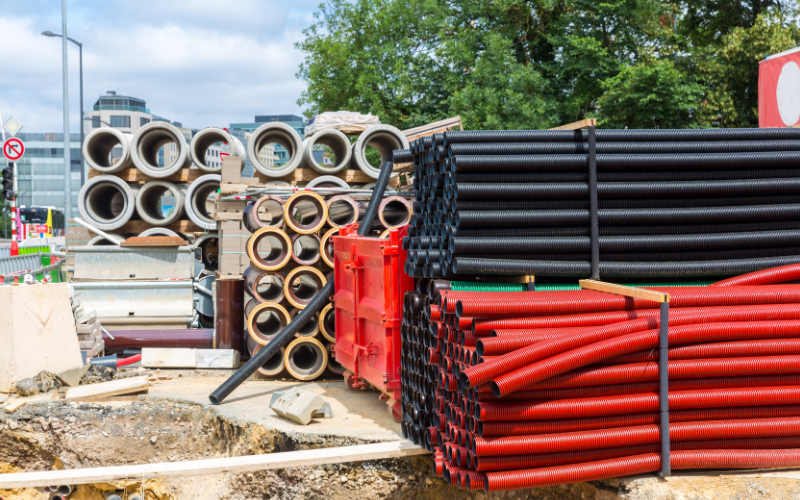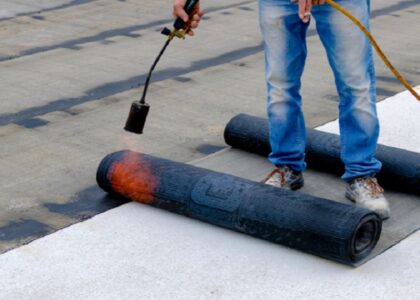The construction industry is evolving, with advancements in building materials playing a crucial role in shaping modern architecture. As the demand for quality and sustainability increases, staying informed about the latest trends in building materials is vital. This article delves into the top trends in construction materials, providing insights from leading suppliers in Singapore. Whether you’re a contractor, architect, or developer, understanding these trends will help you make informed decisions for your next project.
Sustainable Building Materials: A Priority for the Future
One of the most notable trends in the construction industry is the growing emphasis on sustainable building materials. Environmental concerns are driving the shift towards materials that minimise ecological impact. Building material suppliers are responding to this demand by offering a range of eco-friendly options, including recycled materials, low-emission products, and resources that reduce energy consumption during manufacturing.
In Singapore, where sustainability is increasingly prioritised, construction material suppliers are focusing on green building products. Bamboo, for instance, has gained popularity due to its rapid growth and renewability. Recycled steel and concrete are also being used more frequently, helping to reduce the carbon footprint of construction projects. By sourcing sustainable materials from a reputable building materials supplier, developers can contribute to a greener future while meeting regulatory standards.
Innovative Materials: Shaping Modern Architecture
Innovation in building materials is driving the development of new architectural styles and construction techniques. The introduction of advanced materials is enabling the creation of structures that are both aesthetically pleasing and highly functional.
One such innovation is self-healing concrete, a material that can repair its cracks, thus extending the lifespan of buildings and reducing maintenance costs. Aerogels, known for their lightweight properties and excellent insulation, are another trend gaining traction, especially in Singapore’s tropical climate where effective insulation can significantly reduce energy consumption.
The use of smart materials is also revolutionising the industry. These materials can adapt to environmental changes, such as light or temperature, making buildings more responsive to their surroundings. As these innovative materials become more accessible, building construction materials suppliers are leading the way in delivering solutions that enhance both the performance and longevity of modern structures.
Prefabrication and Modular Construction: Efficiency and Speed
Prefabrication and modular construction are becoming increasingly popular due to the need for faster and more efficient building methods. These approaches involve assembling building components off-site in a controlled environment before transporting them to the construction site for final assembly.
This trend is particularly relevant in Singapore, where space constraints and labour shortages present significant challenges. By partnering with a reliable building construction materials supplier, contractors can ensure that prefabricated components are high quality and meet the stringent standards required for local projects.
The benefits of prefabrication include reduced construction time, minimised waste, and improved safety, as much of the work is done in a controlled environment. Moreover, modular construction offers design flexibility, allowing for the easy addition or modification of building elements. As more developers recognise these advantages, the demand for prefabricated materials from trusted construction suppliers is expected to grow.
The Role of Technology in Material Selection
Technology is playing an increasingly important role in the selection and application of building materials. The advent of Building Information Modelling (BIM) allows architects and engineers to visualise and test how different materials will perform in a structure before construction begins. This enables more precise material selection, reducing the likelihood of costly errors and ensuring that the final product meets all specifications.
Advancements in material science are also leading to the development of new composites that combine the best properties of different materials. Fibre-reinforced polymers, for example, are being used to create lightweight yet strong components ideal for high-rise buildings.
Construction material suppliers are continuously updating their product offerings to include these cutting-edge materials, helping builders to stay competitive in the market.
In Singapore, where construction standards are among the highest in the world, sourcing technologically advanced materials from a building material supplier is crucial. Leveraging the latest innovations allows developers to achieve greater efficiency, sustainability, and overall project success.
Conclusion
The building materials industry is undergoing significant changes, driven by sustainability, innovation, efficiency, and technology. As these trends continue to shape the future of construction, it’s essential to work with a building materials supplier that understands the local market and can provide the latest, most reliable materials. For those looking to stay ahead in Singapore’s dynamic construction sector, visiting Chi Han Trading offers the opportunity to explore a wide range of high-quality materials tailored to your project needs.






